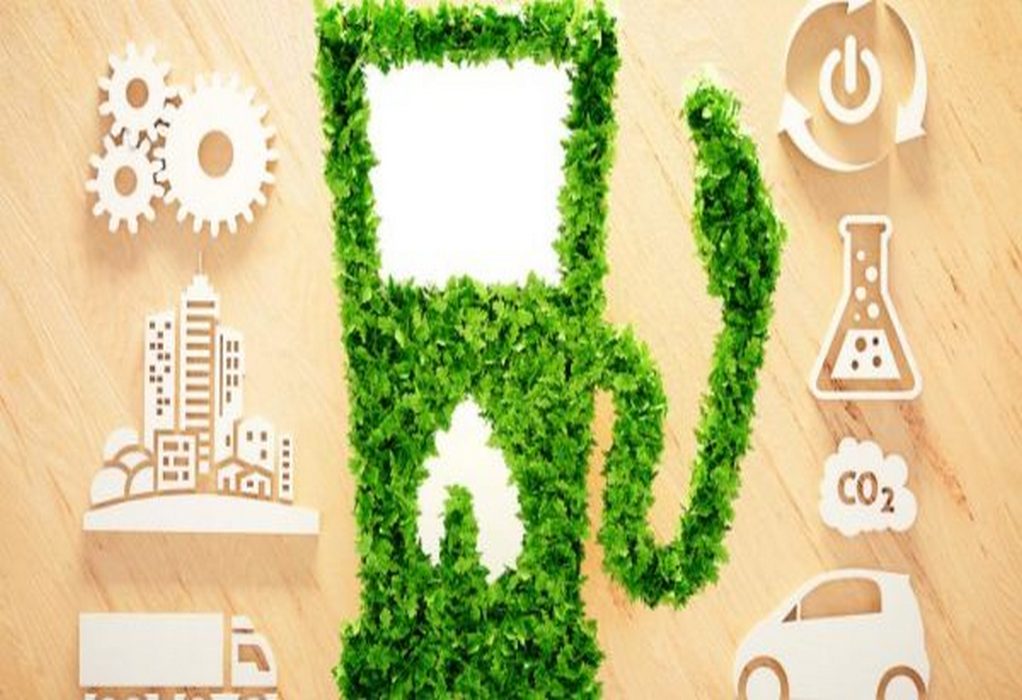Globally, sustainable energy is in demand, and plant biomass has been a front-runner as a renewable resource.
Until now, physical and chemical interactions in plant biomass had been a challenge in post-harvest processing, but LSU Department of Chemistry associate professor Tuo Wang and his research team of graduate students have discovered new information that can aid in the development of better technology to use biomass for energy and materials.
The team revealed how carbohydrates interact with lignin to form plant biomass, and the new information has revised the research of plant biomaterials, according to a report from LSU Chemistry.
Biofuels have made headlines elsewhere in Louisiana, with Gov. John Bel Edwards announcing last June that Delta Biofuel was evaluating Iberia Parish for a planned $70 million biomass fuel pellet plant.
The pellets, made from sugarcane fiber, would source fiber from mills in Iberia, St. Mary and St. Martin parishes, allowing alternative use of the mills’ unneeded waste.
Source: https://www.businessreport.com/
Tags: Biofuels, Biomaterial, LSU



Recent Posts
FIMI and Deloitte Release Report on Cleaner Vehicle Adoption in Indian Mining Sector
NTPC Deploys Hydrogen Fuel Cell Buses in Leh, Marks India’s First Commercial Hydrogen Mobility Project
Provaris and K LINE Sign MOU to Advance Hydrogen Shipping Solutions
Mumbai Set to Launch Electric Hydrofoil Ferry Network with Candela P-12 Vessels
AVTL to Build Independent Ammonia Terminal at Pipavav Port
DNV Grants Approval in Principle for New Ammonia Bunkering Vessel Design
Proteus Launches Modular Hydrogen Fuel Cell System for Maritime Sector
Van Oord Unveils Boreas, World’s Largest and Most Sustainable Offshore Wind Installation Vessel